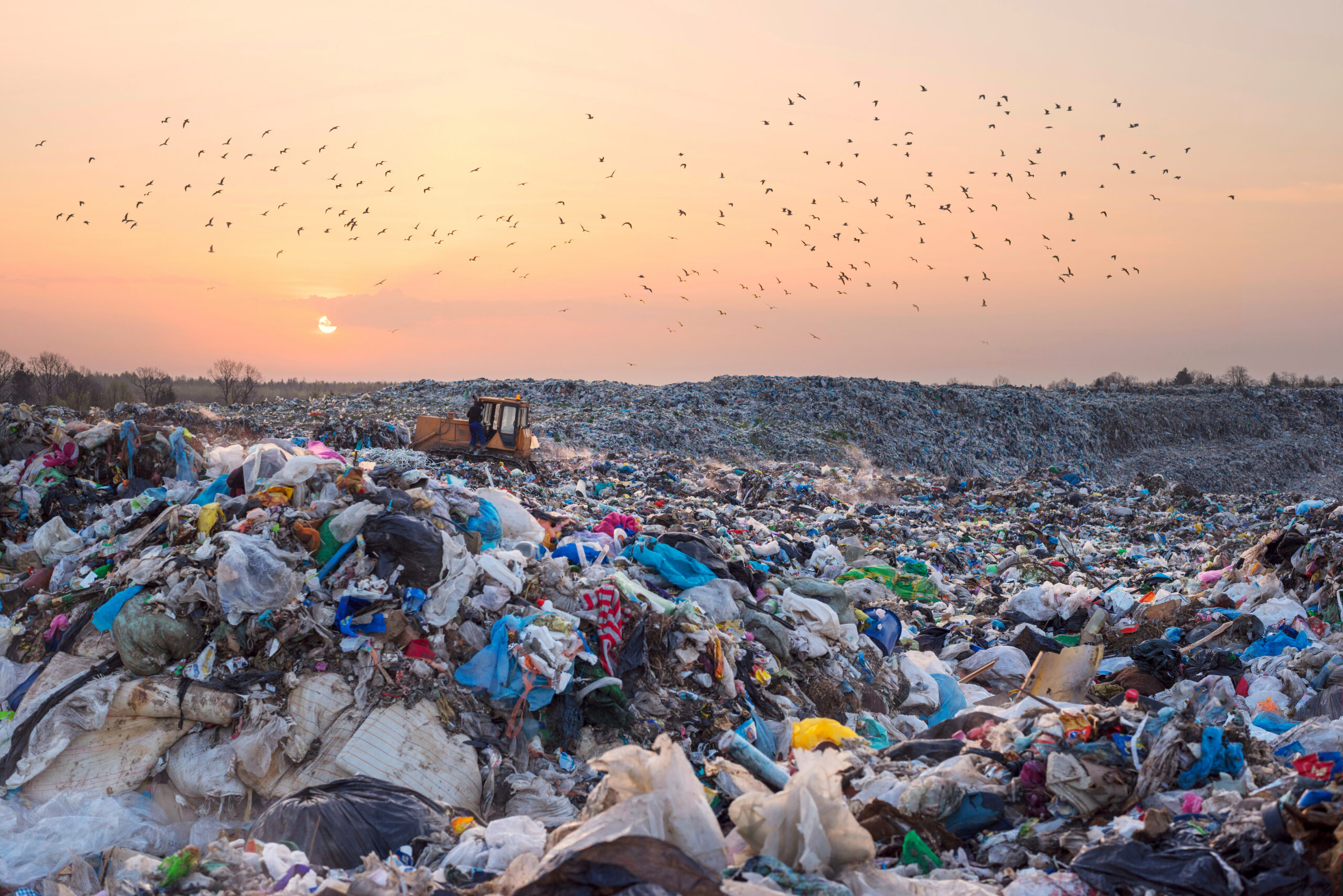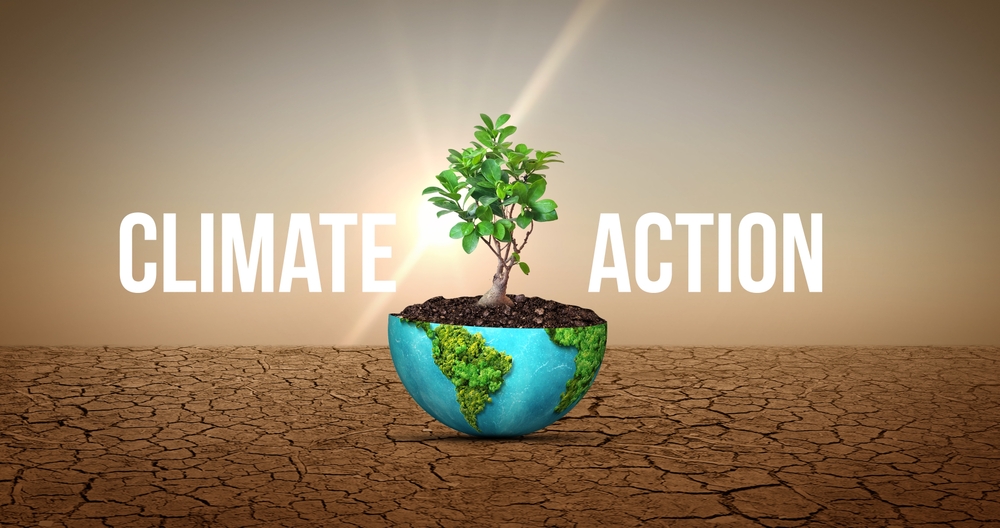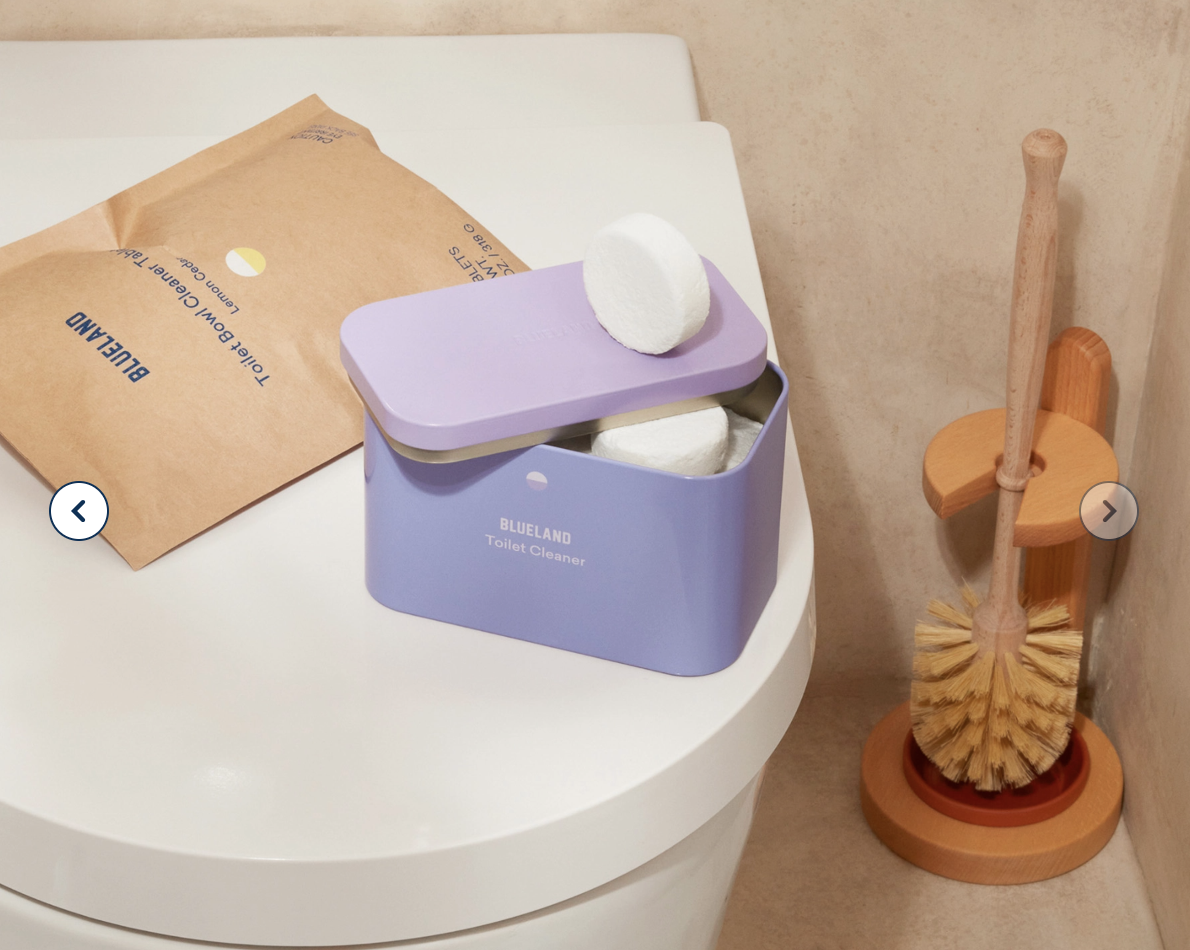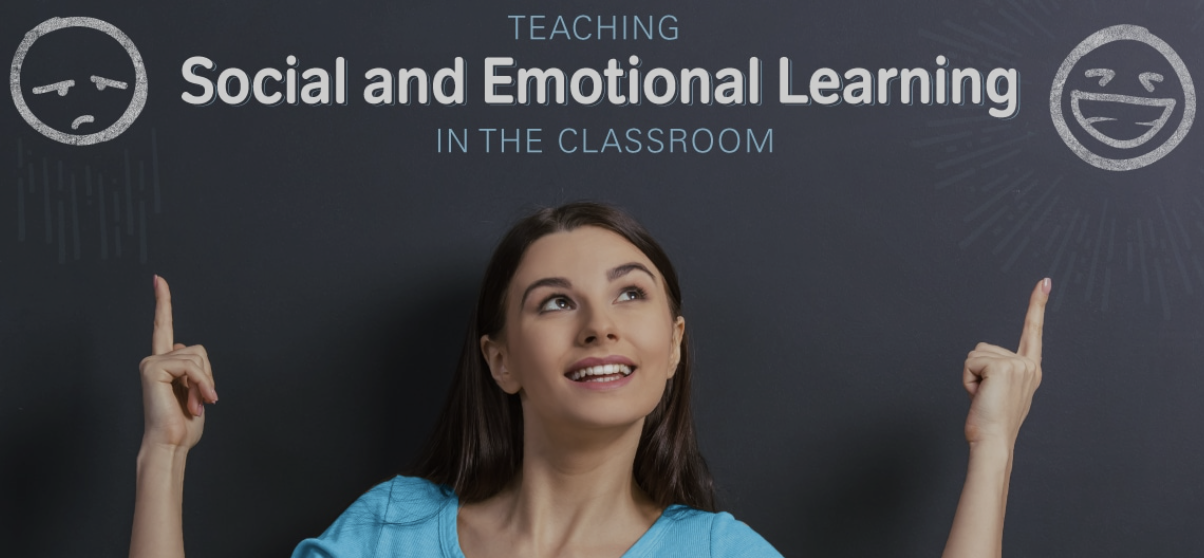What Possible Difference Could It Make, Vol. 4: Reusable Water Bottles

Yuck is all I can say.
According to our friends at Beyond Plastic, “We are all ingesting roughly a credit card worth (5 grams) of plastics each week.” A recent study found microplastics, which research has shown “act as endocrine-disrupting chemicals,” are contained in a stunning 93% of the globally-sourced bottled waters they tested, at twice the levels found in tap water. “This contamination was due in large part to the packaging and the bottling process itself.”
Beyond Plastic also reports that “At least 15 million metric tons of plastic enter the ocean each year.” If we keep up this pace, experts predict, “there will be one pound of plastic in the ocean for every three pounds of fish by 2025” and by 2050 plastic will outweigh fish.
There is no debate that humans are responsible for this plastic pollution. One million plastic bottles are bought around the world every minute, with Americans averaging about 13 bottles per month each.
At $1.50 per 20 oz. bottle, or $9.60 per gallon, the average American is spending almost $130 a month on bottled water…or 300 times what tap water costs.
Why?
Bottled water is not safer than tap water. In fact, study after study shows the majority of the nation’s water supply is reliable and high quality.
It’s not cheaper, for your wallet or the planet. With bottled water production requiring 2,000 times as much energy as it takes to produce tap water, its environmental balance sheet is terrible.
What it IS is convenient. Whether you are traveling or just running errands, you can buy bottled water virtually anywhere.
But if convenience is what it’s all about, then buy a reusable water bottle and refill it whenever you want, for free. And if water quality is a concern where you live, install a filtration system under the sink or buy a filter pitcher.
If you want to turn on your whole community to refillable water bottles, consider becoming a PIPs partner. Participants in a PIPs program earn our currency of good — positive impact points or PIPs — every time they refill their reusable water bottles. Every action they take is also converted into carbon savings with the PIPs App. It’s a little reward and a little recognition all in one, a fun and easy way to see the big difference small habit changes can make.


